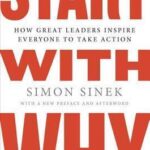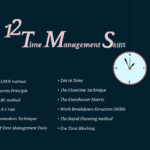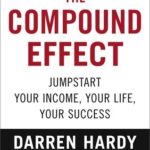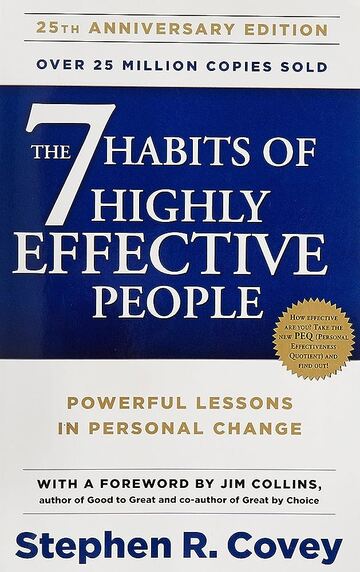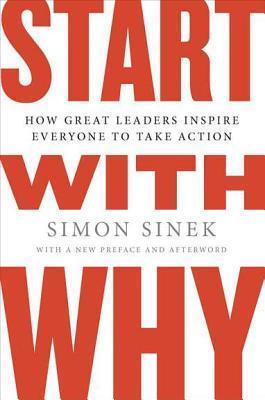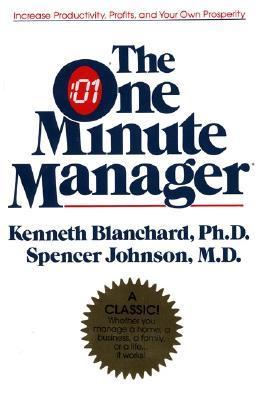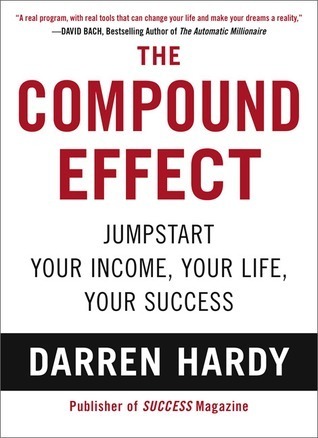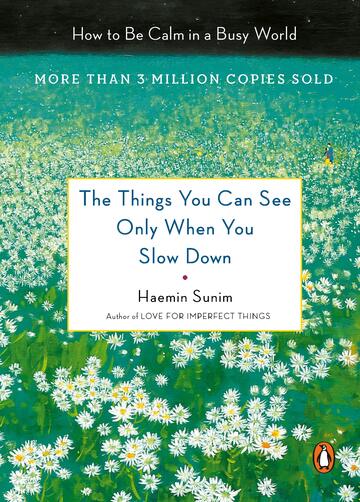7 habits of highly effective people by Steven R. Covey
Genre: Self Help | Productivity
Length: 372 pages
Publish Date: First published January 1, 1988
We all strive to be effective in our daily lives, whether at work or home, on a personal or collaborative level. We often struggle to achieve our success peak due to the absence of crucial internal habits. Here comes the solution offered by Stephen R Covey in the self-help book “THE 7 HABITS OF HIGHLY EFFECTIVE PEOPLE” that teaches effective personal growth by changing one’s perspective to the world and understanding their own definition of success. This book has significantly impacted millions of lives and is considered as one of the most well known success books in the world.
Stephen discovered that most of the success literature over the past 2000 years primarily focuses on personality ethics including public images, social interactions, positive mental attitudes and behaviour techniques.. All these books focus on how to appear rather than how to be .
Though character ethic forms the foundation, there is a significant place for the personality ethic, which needs to be rooted in character. Fake personality ethics can be manipulated to achieve personal goals, but a character ethic cannot be faked, as it is rooted in character.
The book explains a scenario of getting lost in a new city where a negative paradigm views the world as a time-consuming chore, while a positive paradigm views it as an exciting adventure. Covey’s “7 Habits of Highly Effective People” aim to enhance character and positively view the world.
The 7 habits described in the book are –
- Be proactive
- Begin with the end in mind
- Put first things first
- Think “win-win”
- Seek first to understand, then to be understood
- Synergy
- Sharpen the saw
HABIT 1: BE PROACTIVE
Let’s consider two situations, where one is always complaining about the circumstances and mishappening, while the other is focusing on what he/ she can control…. According to Covey, many people are reactive (they allow external circumstances to dictate their behavior), instead of proactive (taking responsibility for their decisions and behavior). Rather than blaming the world for your problems, focus on your Circle of Influence, not the world or external factors, to be more effective.
For example, Reactive individuals start faulting their teachers or the educational system after failing an exam rather than acknowledging their own shortcomings. Whereas proactive individuals in such situations find out their own shortcomings and try to solve the problems to reach the goal.
HABIT 2: BEGIN WITH THE END IN MIND
Frustration is a common factor in our day to day life. Before making any decision, one thinks of “What will people think?” ” How will they react?” “What do I want to be in life?” and so on which lead us to failure… Instead we should imagine what we actually want as the end result and should take the steps according to our goal.
Covey says that when you take an action, you actually do it twice. The first time is when you imagine doing it and then again when you actually do it in real life.
Author uses the example of building a house. First you visualise the house and make the detailed plans of the layout and the materials needed, then you start building it. If you didn’t make the plans first, it is likely that you would make lots of costly mistakes.
A lot of people live their lives without any aim or vision. They don’t have personal mission statements according to Stephen Covey. So we must make conscious efforts to determine our desired life path or else others may control our decisions and outcomes.
HABIT 3: PUT FIRST THINGS FIRST
This habit is all about prioritisation.. While habit 2 demonstrates that, all things are created twice – first in the mind and then in reality, Habit 3 explains putting first things first, where one should perform their actions gradually to turn the vision into a reality.
Suppose you are making any dish and according to the second habit, firstly, you have to decide what to cook. Now, according to the third habit, firstly, you have to arrange all the ingredients & cooking utensils, then washing & cutting veggies or meat, sorting spices and cooking according to the steps gradually.
So all we need is to figure out the things that are most important and always put them first. But how to detect what’s most important?
Covey categorises tasks into four quadrants (given below). He says to focus on the second quadrant first – which have long-term positive impacts on achieving goals. Focusing on these tasks will lead to fewer tasks appearing in Quadrant One, which is often mistakenly considered as the most important.
HABIT 4: THINK “WIN- WIN”
Life is a constant battle, where many of us seek a “win-lose” outcome in all interactions, whether at the workplace or in personal life..However, effective individuals prioritise fairness and long-term relationships, embracing negotiation and ensuring both parties are satisfied to achieve greater returns in all situations, defined as “win-win” interaction. As life is a zero-sum game, one should always go for a win-win solution.
According to Covey, relationships can be compared to ‘emotional bank accounts.’ as every time we interact with someone, we either pay to the account or withdraw from the account. Payment involves finding a win-win solution or listening attentively, while withdrawal involves fighting for a win-lose outcome, breaking a promise, or only pretending to listen.
HABIT 5: SEEK FIRST TO UNDERSTAND, THEN TO BE UNDERSTOOD
Before jumping into the fifth habit let’s consider a situation explained by Stephen. Oneday, Stephen and his son were having a talk on certain issues but Stephen couldn’t get through to his son. So, Stephen goes to his friend for advice and says, “I just can’t understand my son sometimes. He won’t listen to me.” His friend understood his concern and said,” You can’t understand your son because you don’t listen to him … I think to understand someone, you have to listen to them carefully …”
What an amazing point Stephen and his friend have brought up through their conversation. We all have different perceptions & opinions to understand the world based on our Experience, Values & Memories…
Most of us usually listen to anyone not with the intention not to understand but to reply, whereas, we need to understand others feelings. Then the time to be understood when the conversation leads to logic and advice is requested..This is why it’s called ‘Empathetic listening’ which is regarded as the highest level of listening. All we need is to listen to people to understand their perspective..
HABIT 6: SYNERGY
Synergy basically means that if two things are put together, the outcome is greater than the combined total of the two separate components. 1+1 can actually equal 3 or more if we work in a group.
Let’s assume that you’re given a single stick to break. Is that easy for you?
Yeah, one stick can easily be broken. But in the case of a bundle of sticks. It’s completely incredible to break… Thus, a team with different Opinions, Ideas, Perspectives & Thoughts can easily beat any deal.
HABIT 7: SHARPEN THE SAW
Let’s consider the analogy of a lumberjack sawing down trees expressed by Covey…
One day a boy was cutting a tree with a saw which was eventually going blunt …A passer-by once asked, “Why don’t you sharpen your saw? It’s going to take you about 6 hours at this rate.” In reply the boy said, “I don’t have enough time to sharpen my saw.” The passer-by smiled in reply and said, ” If you spend one hour sharpening your saw it would only take 3 hours to cut down the tree. By doing so, you can provide a time-consuming yet impressive outcome..”
This entire situation expresses that we don’t have time not to sharpen our saw. Here saw” is a kind of metaphor which can be our Knowledge, Strength, Skills or our Mental & Physical ability according to the key message of the seventh habit which is all about self-improvement.
Five big ideas from the book :
- Proactive people work on the things they can do something about.
- Management involves connect actions while leadership focuses on doing the right things
- A paradigm is a way of interpreting the world.
- We perceive the world not as it is, but are conditioned to perceive it.
- To make minor life changes, focus on attitudes and behaviours, while for significant quantum changes, work on basic paradigms.

